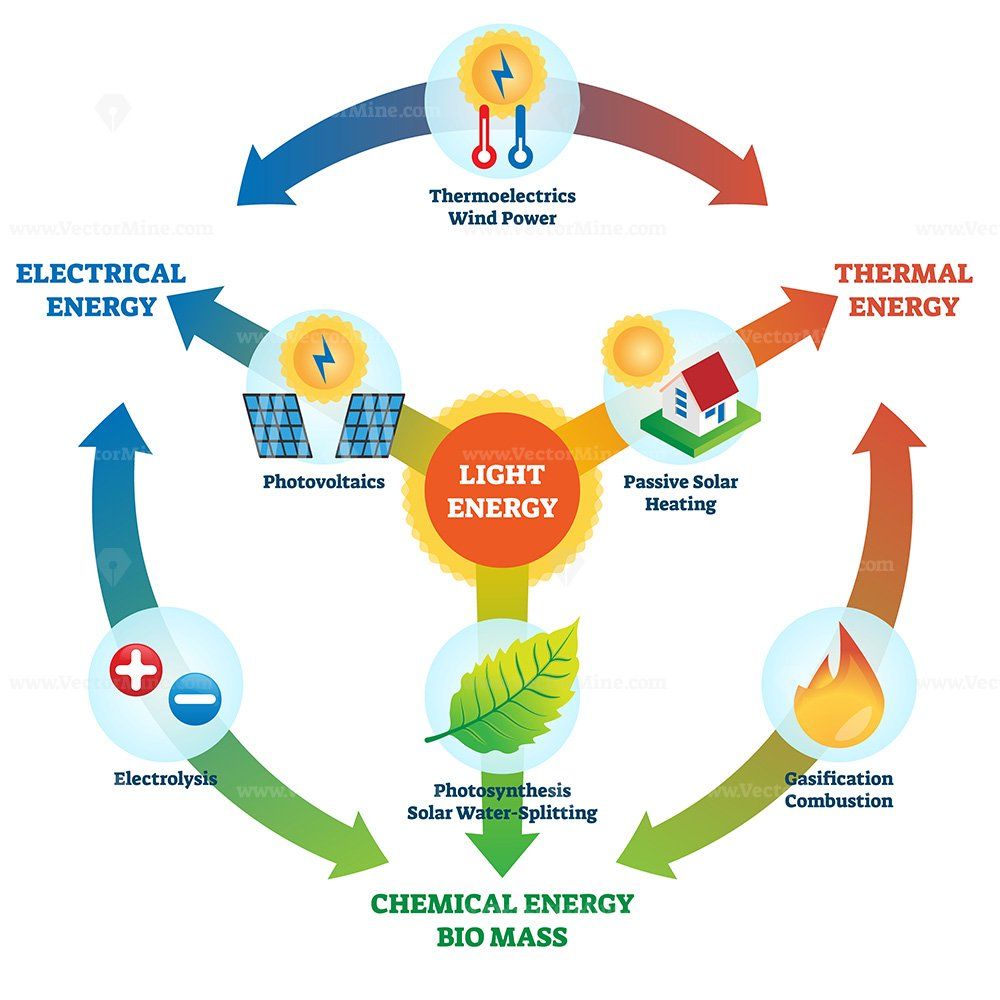
Bio Mass Lights utilize organic materials such as wood chips, straw, or agricultural waste to generate electricity and produce light. The process involves burning these materials in a boiler or furnace, which in turn heats water to create steam. The steam then drives a turbine connected to a generator, producing electricity. Biomass lights are considered a renewable energy source because the organic materials used in the process can be replenished through sustainable forestry and agriculture practices. These lights are environmentally friendly as they produce lower levels of greenhouse gas emissions compared to fossil fuels. Additionally, biomass lights offer a reliable and cost-effective alternative to traditional lighting methods, making them a popular choice for rural areas and off-grid communities. With advancements in technology, biomass lights are becoming more efficient and widely used as a sustainable solution for lighting needs around the world.
Bio mass lights are a sustainable and eco-friendly lighting solution that is gaining popularity due to their environmental benefits. These lights utilize organic materials such as wood chips, sawdust, or crop residues to produce energy through combustion or biochemical processes. By converting these materials into energy, bio mass lights help reduce greenhouse gas emissions and decrease reliance on fossil fuels, making them a more sustainable option for illuminating homes, streets, and buildings.
One of the main advantages of bio mass lights is their ability to provide a reliable source of energy that is renewable and readily available. Unlike traditional electricity sources that rely on finite resources like coal or natural gas, bio mass lights can be powered by a variety of organic materials that can be replenished through sustainable practices. This makes bio mass lights a more reliable and sustainable energy option that can help reduce the environmental impact of lighting systems while also promoting energy independence and security.
In addition to their environmental benefits, bio mass lights also offer economic advantages for communities and businesses looking to reduce their energy costs. By utilizing organic materials that are often considered waste products, bio mass lights provide a cost-effective energy solution that can help save money on electricity bills and reduce overall energy expenses. Additionally, bio mass lights can help create new opportunities for farmers and landowners to generate income by selling organic materials for energy production, further contributing to a more sustainable and economically viable energy system.
 home decor trends
home decor trends



